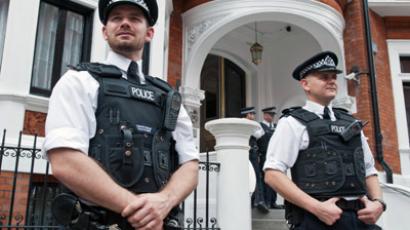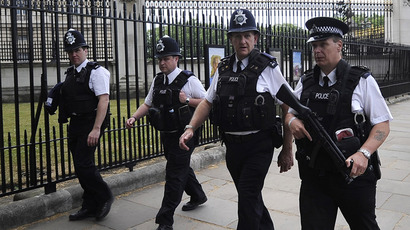UK police under fire for seducing activists, stealing dead infants’ names
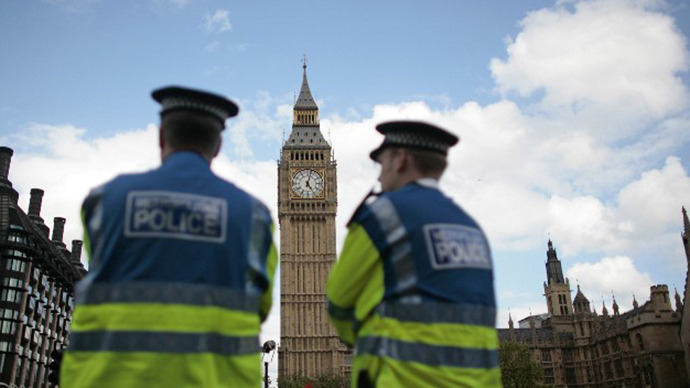
British MPs have condemned practices used by undercover police, including sleeping with those they were investigating and using dead infants’ names for their covert identity. The MPs have called for legislation to regulate undercover work.
The UK House of Commons held a Home Affairs Select Committee probe into a series of scandals involving undercover police officers. In an interim report published on Friday, the committee addressed three separate issues.
First: Undercover officers became intimate with those they were investigating. Second: The practice of using the names of dead infants to create cover identities for the officers. And last, but not least: MPs criticized the overall system of undercover police work.
Unauthorized, but ‘almost inevitable’ sex
The MPs highlighted several cases in which undercover officers infiltrated various activist groups and initiated long-term intimate relationships with members of those groups. The affairs were then broken off when the agents finished their work. Some incidents reviewed by the commission dated as far back as the 1980s.
Several of the women are now claiming damages over the incidents. While MPs refrained from commenting on the legality of the officers’ actions, “the terrible impact on the lives of those women who had relationships with undercover officers is beyond doubt,” they said, adding that the officers “were not unaffected” either.
“There is an alarming degree of inconsistency in the views of Ministers and senior police officers about the limits of what may and may not be lawfully authorized,” the report said. Officials offered MPs different views on whether such relationships were justified, could be prevented or should be banned outright. One official said such closeness “could almost be inevitable” is some cases.
One practical consideration, former Minister for Policing Nick Herbert explained, is that an explicit ban on such intimacy “would provide a ready-made test for the targeted criminal group to find out whether an undercover officer was deployed among them.” However, there must be strict rules for officers becoming intimate with their targets, the MPs said.
“We do not believe that officers should enter into intimate,
physical sexual relationships while using their false identities
undercover without clear, prior authorization, which should only be
given in the most exceptional circumstances,” the report
said.
The report outlined that it is clearly unacceptable to conceive a child as result of such relationships, which reportedly happened to one of the officers. “This must never be allowed to happen again,” the MPs said.
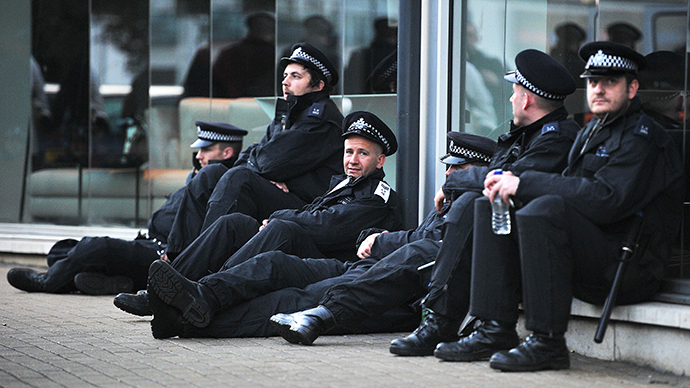
‘Ghoulish and disrespectful’
Another dubious practice condemned by the MPs was the use of the names of dead infants to create aliases for undercover agents. The practice was “ghoulish and disrespectful,” and potentially dangerous to the bereaved families, they said.
One witness told the commission how she found the home address of the people she believed to be the parents of her missing partner, who was an undercover officer using a fake name. Her intention was not malevolent, but “it is easy to see how officers infiltrating serious, organized criminal and terrorist gangs using the identities of real people could pose a significant risk to the living relatives of those people,” the report stressed.
“The families who have been affected by this deserve an explanation and a full and unambiguous apology from the forces concerned,” the commission continued. “We would also welcome a clear statement from the Home Secretary that this practice will never be followed in future.”
The Metropolitan Police is currently conducting an investigation into the use of dead infants’ names. To the shock of the commission, the practice was “apparently a surprise to senior officers and it is vital that the investigation establish quickly how high up the chain of command this practice was sanctioned,”the report said.
The commission pledged to request updates on the progress of the probe every three months, including the remaining amount of work, costs, disciplinary proceedings, arrests made, and the families involved being identified and informed. The probe should be concluded by the end of 2013, and the results will be published on the commission’s website every three months.
“It cannot be sufficiently emphasized that using the identities of dead children was not only abhorrent, but reflects badly on the police. It must never occur again,” the MPs said.
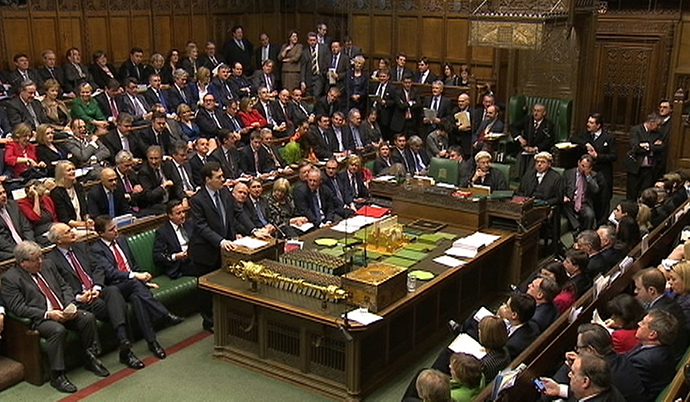
Reform pending
During the investigation, the MPs found that “standards in undercover operations are jeopardized by lack of clear lines of responsibility between… the different forces and units involved.” They cite discrepancies in training, tactics and review, and called for the establishment of a coherent set of operational instructions.
Of particular concern for the commission was the weak oversight for undercover agents who were gathering intelligence, and how there was no expectation that the evidence gathered must stand up in court.
The MPs argued that undercover police activity should be limited to genuine threats to public safety or national security. They also expressed doubts over the practice of infiltrating activist groups engaged in peaceful protest in the hopes of reaching more radical groups.
The report said that a compelling case exists for a fundamental review of the legislative framework governing undercover policing, including 2000’s Regulation of Investigatory Powers Act.
“We recommend that the Government commit to the publication of a Green Paper on the regulation of investigatory powers before the end of this Parliament, with a view to publishing draft legislation in the Session after the next general election,” the report said.













